Everyone who gets an EV for the first time, wants to know about the cost to run it – both in comparison to petrol cars they have previously owned and when looking at the cost of charging at home vs on the road. WhichEV looks at the typical cost differences that you will experience if you switch to an EV today.
The short answer is that EVs cost less than petrol cars, charging at home is cheaper than charging in public – and charging in the early hours of the morning is even cheaper. Those with solar panels and home batteries will pay the least.
The type of car will also make a difference. The latest models have larger batteries and more efficient power trains. These are an indication of where future cars will be, as EV technology matures and the process of turning electrons into mileage gets better. Larger batteries mean a better chance that you can charge at home, overnight, at the lowest rates.
Battery capacity is measured in kilowatt hours. When you charge an EV, you will be picking up a certain number of kilowatts while plugged in. The actual charging speed can vary substantially, but for charges up to 80%, you can calculate the approximate time it will take to charge by dividing the amount of battery that needs filling, by the speed of the charger. We will do our calculations based on a 61.7kWh battery in a car like the MG4 Long Range that can give you 281 miles range on a combined WLTP cycle.
When charging in public, time is normally of the essence – as you want to complete your journey. So we will ignore the slow/AC chargers (3, 7 and 11kW) and focus on fast/DC chargers.
Petrol
First, let’s consider range. If you recently decided to fill a 50 litre tank with petrol at £1.55 per litre, then it will have cost you £77.50. That is around 11 gallons and the average petrol car will do around 36 miles per gallon – so that tank will get you just shy of 400 miles. Older, less efficient cars that spend most of their time at 20 mph in traffic will get closer to 30 miles per gallon, or even less – so a range of 330 miles for £77.50. Doing the calculation, we have a cost per mile with petrol of 19p to 23p.
Public Charging
You will find some chargers close to 50p per kWh, but maybe the price will be higher. We’ll use 60p for this cost calculation and imagine that you’re using a charger capable of delivering a steady 100kW. Filling a 61.7kWh battery like this, will probably get you to 80% in around 30 minutes, but the last 20% could take another 20-30 minutes as charger technology slows the process as the battery gets full.
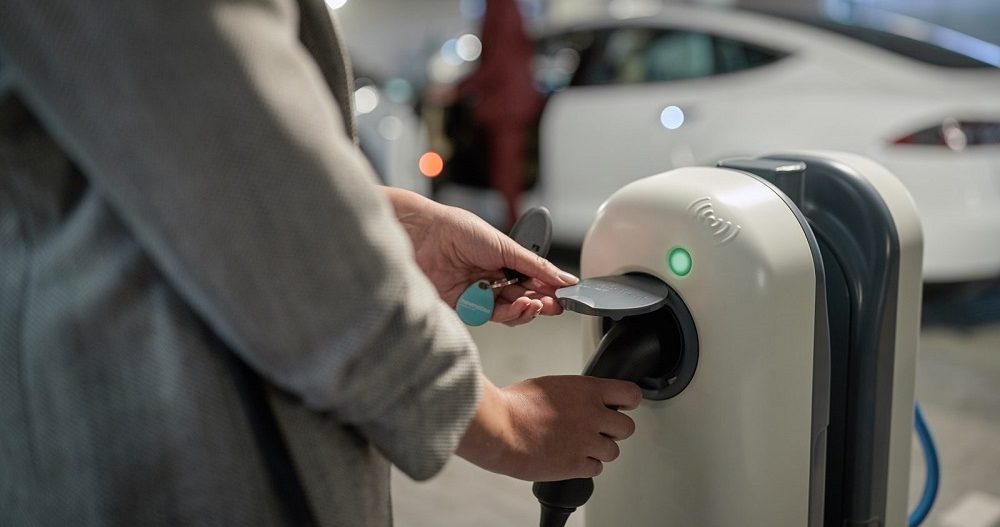
Either way, you can pick up 61.7kWh of charge for £37.02. Most drivers do their miles in town and on smaller A roads, where you’re more likely to get close to 270 miles on a charge. To match the range of the petrol car, you’d need to add up to 25% more charge – which would be another £9.23 for a total of £46.28.
Home Charging
There are various ‘overnight saver tariffs’ to choose from. We will use 9.5p/kWh for 7 hours, but there are other deals available at the time of going to press. A proper home charger will pull down just over 7kW.
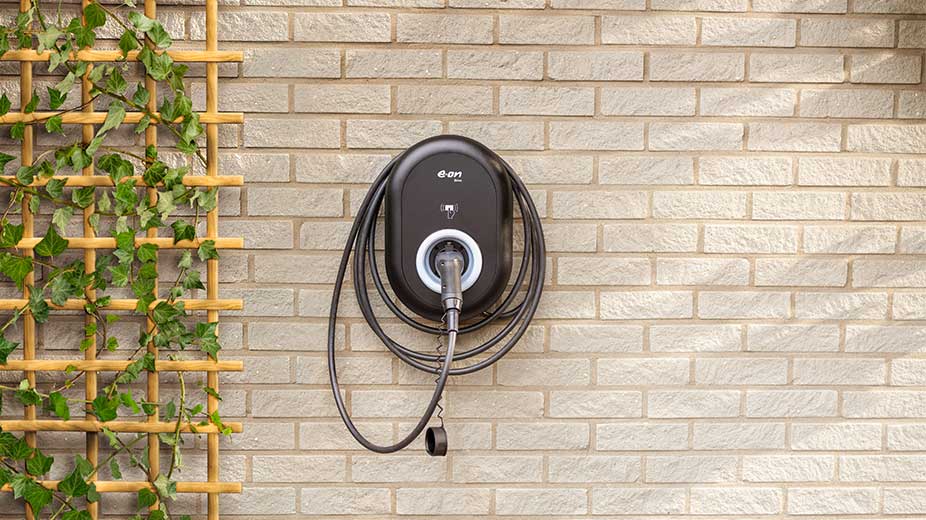
Starting from empty at mid-night, you would pick up 49kWh at £4.65 and then you’ll need to finish with the last 12.1kWh at around 30p each once your overnight rate expires. That’s a total to fill up in one sitting of £8.28. You will need to pick up an additional 15kWh on the second evening – if you want to balance the ranges. That can be done overnight for £1.43.
Comparison over 330 miles
Petrol for this range will cost around £77.50. Expensive public charging comes in at £45 and if you have a charger at home with a suitable overnight tariff from someone like E-On, then it will cost you a total of £9.71.
Cost per mile
Another way to look at the same data, is to calculate the fuel cost per mile for driving 330 miles:-
- 23p Petrol
- 14p Public Charging
- 2.9p Home Charging (E-On)
From these simple calculations, you can see just how much you could save with an EV.
It's worth bearing in mind that while electricity prices are high right now, those higher figures could be viewed as completely artificial. Many of the UK’s billing systems have fundamentally linked the price of pure electricity from 100% renewable sources directly to the cost of fuels like gas from countries with questionable regimes.
This connection means that if two countries go to war 1,500 miles away and a gas line is sabotaged – then the cost of 100% renewable electricity in the UK increases. Quite bizarre. That won’t always be the case. There are many who believe that changes in production, the advent of new technologies and improvements to roof-based solar generation systems and home batteries could see the price of electricity plummet to really low levels (possibly almost free) in the space of decades.
For now, with electricity prices sky-high and petrol around 50p lower than its most recent high levels, the cost of fuel for an EV is still a fraction of the cost of burning petrochemicals. The cost of public charging can easily be 5x higher than for home charging overnight.
Before committing to an EV, do some calculations yourself and shop around for a good tariff that makes sense for your lifestyle. Prices are volatile, so our comparison is for guidance only.





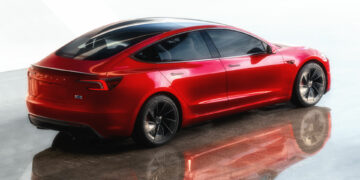
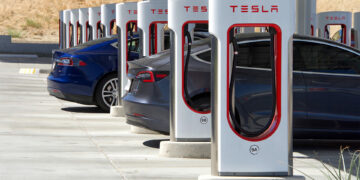

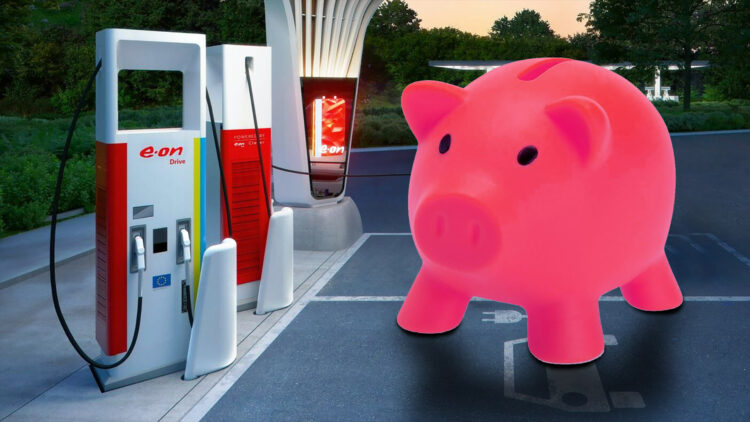











Discussion about this post